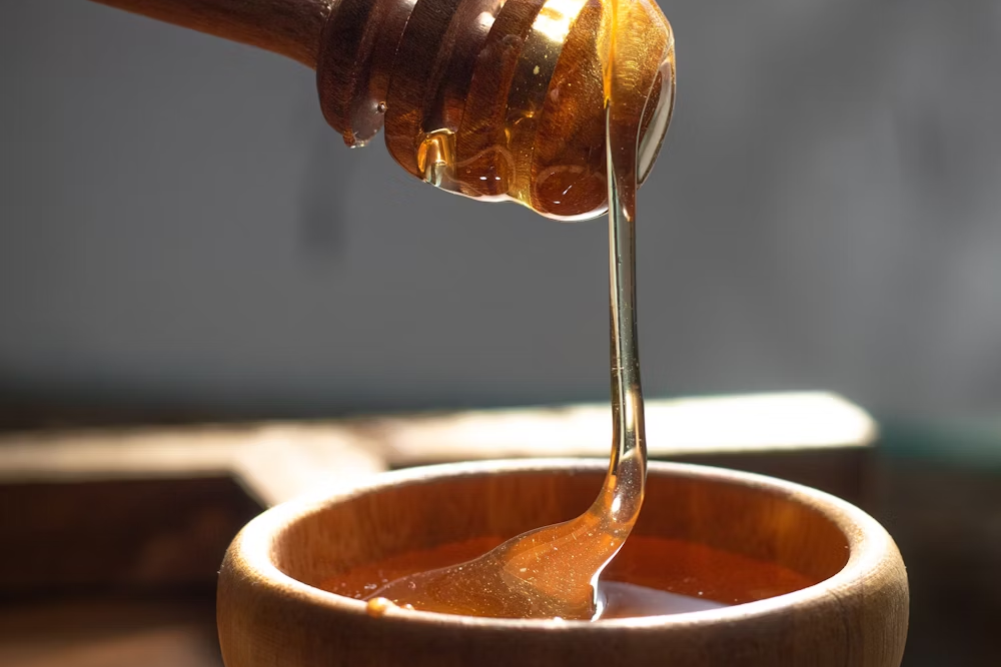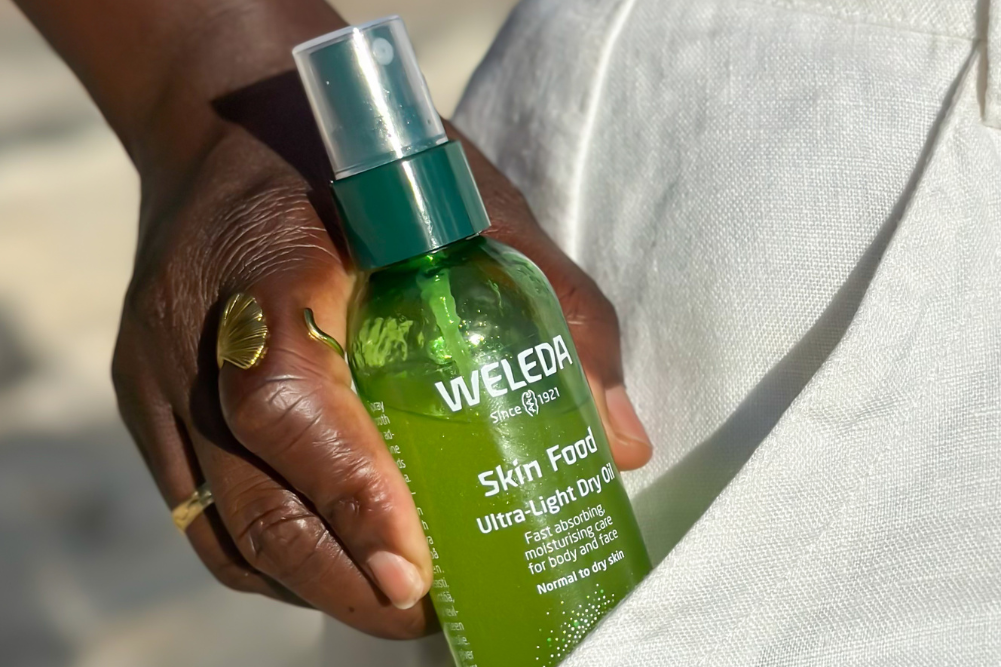How to avoid bad sugars
During the post-Easter period, when there is a surplus of chocolate to devour, we can forget that refined sugar is an anti-nutrient and one of the skin’s (and body’s) worst enemies. In her insightful book Nourishing Traditions, Sally Fallon writes, “More plagues than heart disease can be laid at sugar’s door.” A high intake of refined sugar is implicated in a vast range of degenerative diseases and premature ageing of the body and its organs, including the skin.
When we talk of “bad sugars”, we refer to the sugars that are refined and processed. When sugars and starches are consumed in their natural state as part of a meal, they are slowly digested and enter the bloodstream at a moderate rate over a period of hours. This helps to keep blood sugar levels balanced (which also helps to keep the body both physically and emotionally balanced).
When we consume refined sugars and starches, especially without good fats or proteins, blood sugar levels skyrocket. Sustained high blood sugar levels trigger a harmful process called glycation, whereby amino acids bond to sugar molecules. These abnormal proteins become integrated into the tissues and can do damage to protein collagen. As collagen is the major structural protein of the skin and gives it strength, plumpness and durability, glycation contributes to premature wrinkling of the skin.
As well as moderating (ideally avoiding) consumption of refined sugars, and using healthier alternatives (see list below), alphalipoic acid is a potent antioxidant found in specific foods such as spinach, brewer’s yeast, tomato, red meat and liver that helps stop glycation in its tracks, making it an excellent nutrient to include in your diet. It is touted “the universal antioxidant” because, unlike other antioxidants, it’s both water and fat-soluble. This makes it able to neutralise free radicals in both the fatty and watery regions of the cells.
It also promotes the antioxidant network — it directly recycles and extends the metabolic lifespan of other antioxidants, so they work more efficiently. Naturopath Alison Cassar says that for it to be effective as a glycator you need to take at least 200g per day. However, there are contra-indications for those with blood sugar problems, so they need to be careful. She recommends they start on a low dose of 100g and monitor blood sugar levels.
Sugar’s adverse effect on the skin unfortunately doesn’t stop at glycation. When people suffering from hormonal acne cease eating refined sugars, they often find their skin clears up. This is because sustained high blood sugar levels cause disruptions to the endocrine system, which regulates hormones, including insulin (hence diabetes).
Refined sugars also have a deleterious effect on the body: they sap skin-loving nutrients from the body and promote the proliferation of Candida albicans, a systemic fungus that lives in the digestive tract. Candida compromises gut health, which in turn adversely affects the immune system and organs of the body including the skin (the gut is the body’s nutrient processing/manufacturing centre, so it’s important that its health is maintained). Candida exacerbates allergies, including allergic manifestations of the skin such as eczema.
High insulin levels from high blood sugar also contribute to inflammation of the digestive system, in turn contributing to problems of the skin, hair and nails. Over-consumption of refined sugars also exhausts the adrenals and causes emotional imbalance, increasing stress levels and robbing the body of vitality. Plus, sugar alongside refined flours is responsible for depleting the fluid that protects the teeth so is one of the greatest contributors to dental decay.
You can eat certain foods and take specific supplements to help curb sugar cravings. Chromium and alphalipoic acid are very effective supplements. For breakfast, eat protein together with a complex carbohydrate and some good oils. This helps slow the sugars released from the carbohydrate; for example, sardines (full of both protein and good oils) on wholegrain toast or eggs on wholegrain toast will help balance your blood sugar levels throughout the day, making it easier to resist naughty snacks.
Or, for something sweet, try quinoa porridge. Quinoa is a high-protein grain and is delicious with some organic milk, sheep’s yoghurt and a banana with a smattering of a natural, unrefined sweetener such as maple syrup, raw honey, agave syrup (a great, low-glycaemic sweetener), stevia or brown rice syrup.
Taking a daily probiotic also helps to keep bad bacteria such as candida at bay, reduce sugar cravings and keep gut health and therefore skin, hair and nail health balanced.
Following is a great recipe to help rid the body of toxins. Add some unrefined vegetable oil or water to 2 tbsp of the mix for an invigorating body scrub, brilliant for kickstarting the lymphatic system and promoting cell metabolism. Juniper and lemon both boast circulatory stimulating properties, making them ideal additions.
Purifying body & bath salts with juniper, lemon, seaweed and rice
½ cup celtic sea salt (medium in coarseness)
½ cup ground rice (grind in a coffee grinder)
2 tsp powdered kelp
25 drops lemon essential oil
15 drops juniper essential oil
Add all the dry ingredients except for the salt. Add the essential oils and mix thoroughly. Sift to remove clumps and add the sea salt. Keep in a sealable hinged jar. Refrigerate and if kept dry should last for months.







